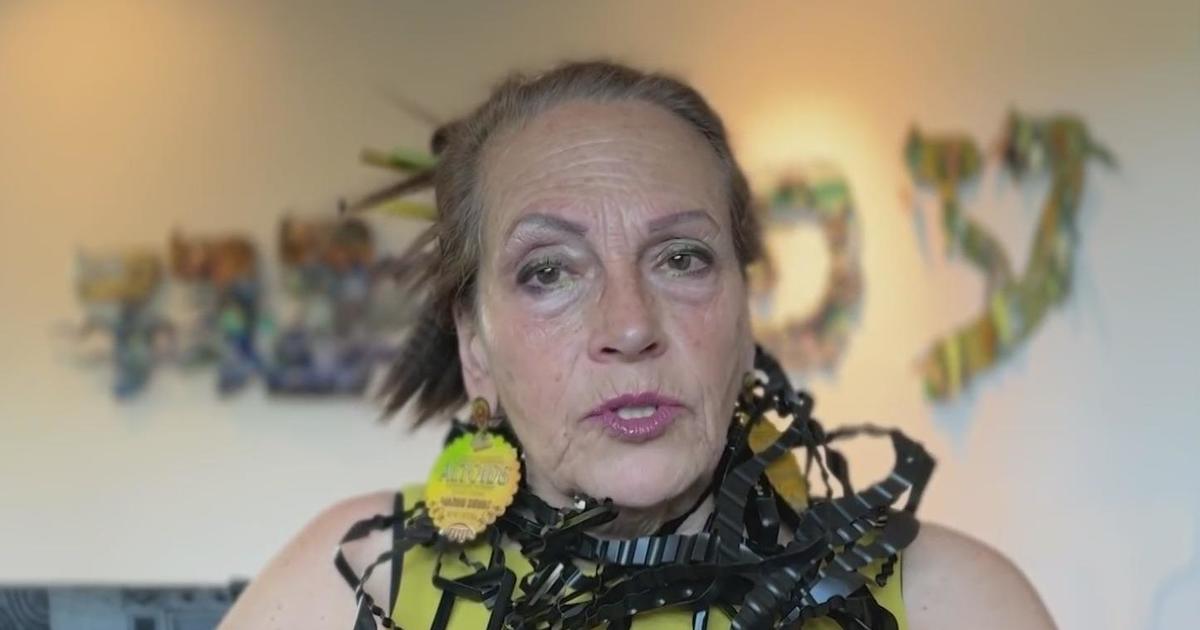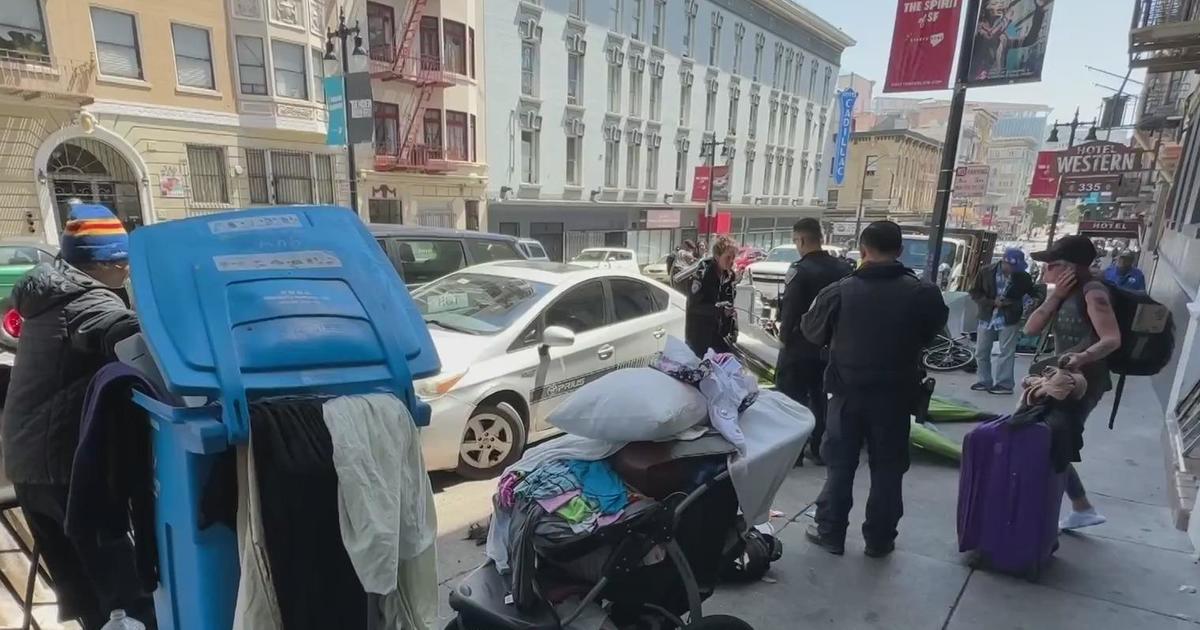App Maps Social Media Postings, Creates 'Blueprint' Of Person's Movement
BERKELEY (KPIX 5) - The next time your mobile phone prompts you to turn on its 'location services' function; you may want to think twice about whether or not you click that 'on' button.
The issue is geo-tagging, GPS data imbedded in social media postings and apps, like Angry Birds, that provide the user's exact geographic location, usually within one meter.
Dr. Gerald Friedland and Jae Young Choi, from the International Computer Science Institute, have created an online app called 'Ready or Not.' It uses data from Twitter and Instagram to track the user's location for the last thirty days. That information goes onto a map and a timeline.
The more 'location enabled' posting someone does via social media sites the more vulnerable they become as posts reveal a daily blueprint of where a person goes, who they see and even where they live.
"We use something called API, which let us get the public data from Twitter or Instagram," said Ready or Not's developer Jae Young Choi.
"We pull out the geo tag and the time stamp and put it on the Google map and this time map, so both where you were and when you were can be time tracked."
An API for those readers unfamiliar to the term is an Application Programming Interface which, according to Wikipedia, "specifies how software programs interact with each other." 'Ready or Not' combines Google Maps with readily available Twitter and Instagram data…geo tags are the mapping points.
Choi and Friedland had a young demographic in mind when they designed 'Ready or Not'…high school and college age kids who may not have known or understood how crucial privacy settings are in regards to social media postings. Friedland has taken care to point out 'Ready or Not' is not a 'stalking tool' rather a device to educate about the pervasiveness of geo-tagging and how it can create a publicly accessible and informative online trail.
"We come out publicly and say 'look, this is what people could do,'" said Friedland. "Think about it. Are you okay with that?"
And it's not just Friedland's research team that is concerned about geo- tagging and social media. A study from the University of Southern California, in which researchers sampled 15 million tweets, found that 20 percent of tweets gave away their author's location, down to the street.
Friedland and Choi have said it's not their intention to scare people away from social media. The researchers just want users to make educated decisions about when and how they post online.
A simple step towards better protection: turning off app location services before posting, and not relying on the social media sites to keep your personal information private.
"The internet never forgets," said Friedland. "It is like an elephant. It only duplicates."
Visit the ICSI website for more details on how to hide your digital footprint.
(TM and © Copyright 2013 CBS Radio Inc. and its relevant subsidiaries. CBS RADIO and EYE Logo TM and Copyright 2013 CBS Broadcasting Inc. Used under license. All Rights Reserved. This material may not be published, broadcast, rewritten, or redistributed.)



